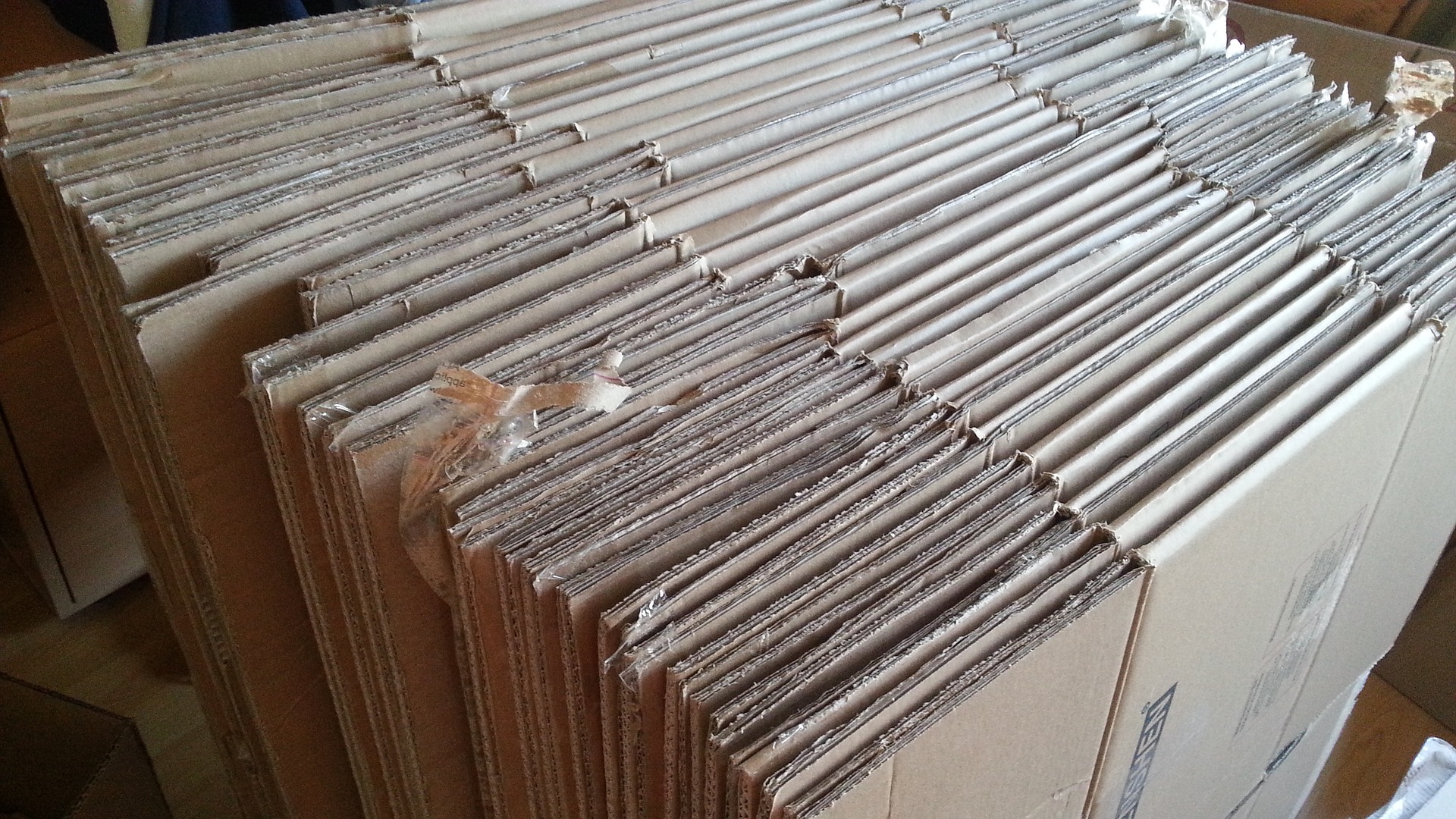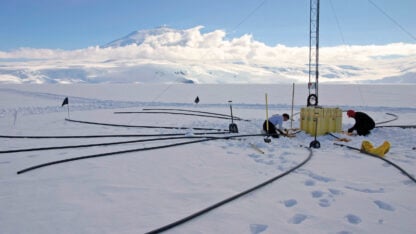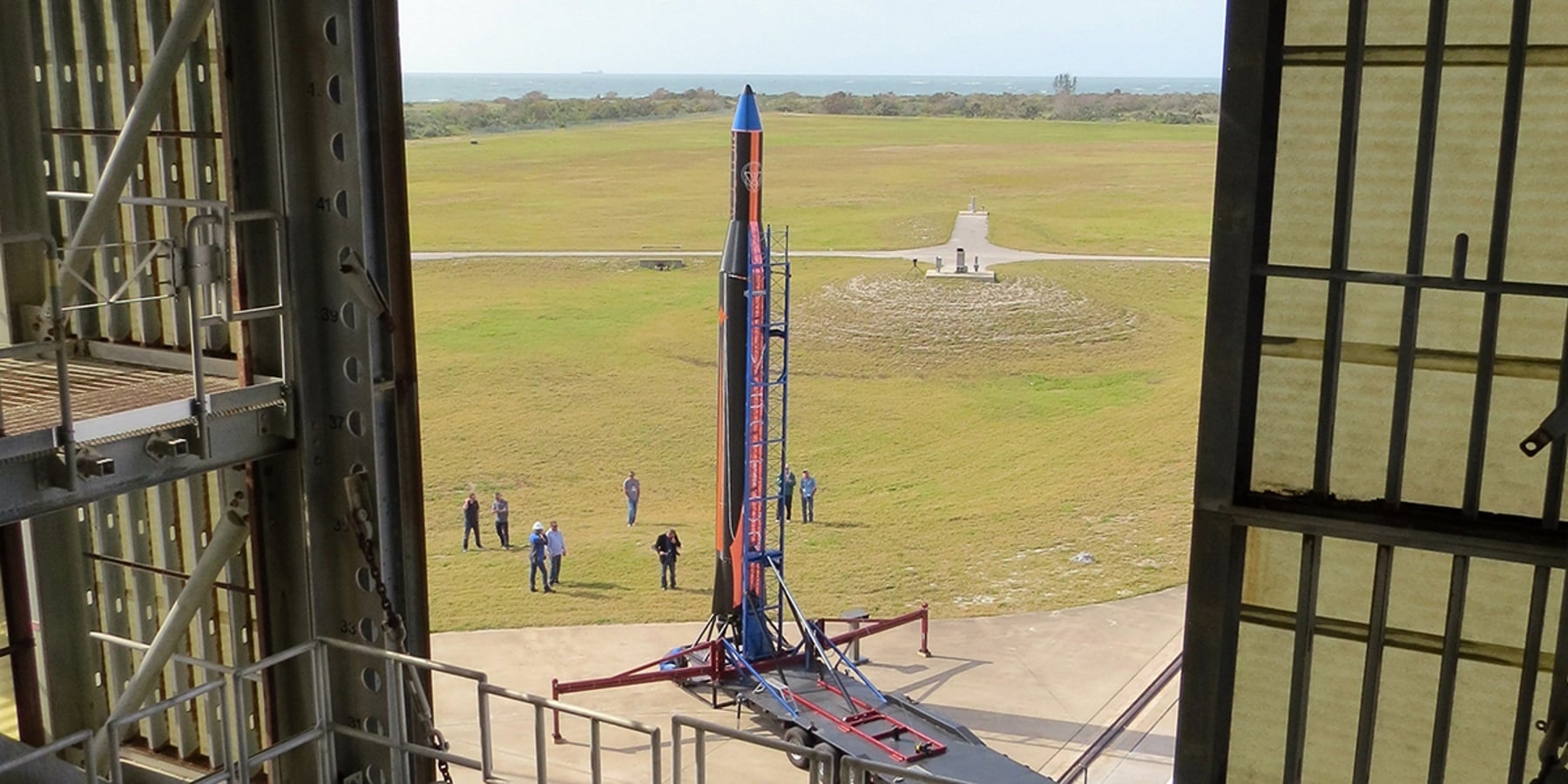Those Boxes Piling Up Over The Holidays? Many Probably Have Georgia Roots

Trees harvested here become – among other things — lumber, fuel for power plants, diapers, paper towels and boxes. Lots and lots of boxes.
Pixabay
The U.S. Postal Service says it expects to deliver about 900 million packages between Thanksgiving and Christmas this year.
But we’re not just receiving boxes during the holidays; the rise of online shopping means we’re getting boxes all the time. Few of us probably pay much attention to the boxes themselves, but there’s a reasonable chance that that box waiting by the front door, or sitting in the recycling bin, has at least some roots in Georgia.
Georgia is a big forestry state – number one in the nation, in terms of numbers of acres of privately-owned, managed timberland, according to the Georgia Forestry Association. Trees harvested here become – among other things — lumber, fuel for power plants, diapers, paper towels and boxes. Lots and lots of boxes.
“Mills in the southern U.S. produce over 85 percent of the packaging produced in the country,” says Amanda Lang, who works for an Athens-based forestry research firm called Forisk.
That includes packaging for food, like cereal boxes and beer cases, and it also includes what’s called linerboard, which is the smooth part of a corrugated box, as opposed to the zig-zaggy middle part.
Tom Harris, a forest business management professor at UGA, and manager of the timber price reporting non-profit, TimberMart-South, says the pine trees that grow in the South are good for packaging, because their fibers are long and strong.
“We’re the envy of the world in the long fiber paper production,” he says.
While demand for newsprint and printing and writing paper has gone down in recent years, packaging production has gone up. It tracks more or less with the overall economy, according to the American Forest and Paper Association.
“Twenty years ago or even 15 years ago it was very common to hear that the paper industry was dying. Today it’s quite the opposite,” says Andres Villegas, CEO of the Georgia Forestry Association. “Most of our mills are operating at full capacity.”
Mills in Georgia produce the linerboard, which then gets shipped to box manufacturers that are generally closer to manufacturing centers. And boxes recycle pretty well; their fibers get mushed up and mixed together. So even a box coming from overseas could have elements from Georgia.
Nickie Parker, with the Atlanta-based packaging company WestRock, says when she receives a box, she checks where it came from. Not where it was shipped from, but where it was made.
“I always flip over the box to see who made that box,” she says.








